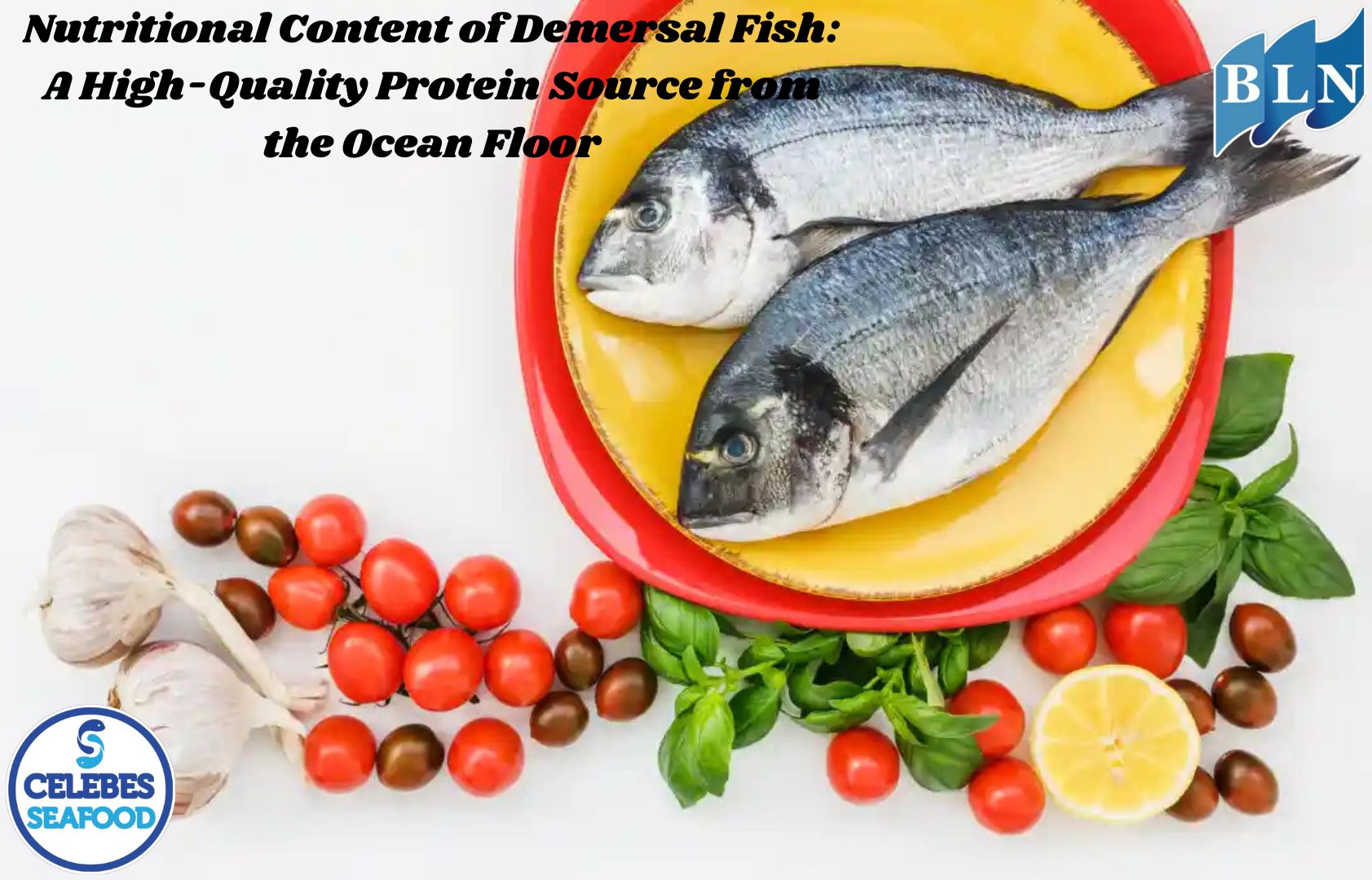Exploring the Distribution of Atlantic Salmon
By. Nevanda - 05 Sep 2023
lautnusantara.com - Atlantic salmon (Salmo salar) is a species of salmon that is primarily found in the North Atlantic Ocean and the rivers and streams that flow into it. Here's a closer look at the distribution of Atlantic salmon:
1. North Atlantic Range
Atlantic salmon are native to the North Atlantic Ocean. Their distribution spans from the eastern coast of North America, including parts of the United States and Canada, to the western coast of Europe, including countries such as Norway, Iceland, the United Kingdom, and Ireland.
2. Eastern North America
In North America, Atlantic salmon are found in rivers and streams that flow into the North Atlantic Ocean. They are native to several rivers along the eastern coast of the United States, particularly in states like Maine and New Brunswick, Canada. However, populations have significantly declined in many of these rivers due to habitat degradation and overfishing.
Read also: 10 Health Benefits You Can Get from Oyster
3. Canada
Atlantic salmon are also found in various rivers and streams across eastern Canada. The Miramichi River in New Brunswick, for example, is famous for its Atlantic salmon runs. Other regions in Canada, such as Quebec and Newfoundland and Labrador, also have important Atlantic salmon populations.
4. Western Europe
In Europe, Atlantic salmon inhabit rivers along the western coast, including those in Norway, Scotland, Ireland, and Iceland. These regions are known for their strong salmon fishing traditions.
5. Baltic Sea
Some Atlantic salmon populations also migrate into the Baltic Sea and its associated rivers, such as the rivers of Sweden, Finland, and Russia.
It's important to note that while Atlantic salmon are found in these regions, their populations have faced various challenges, including habitat destruction, overfishing, pollution, and interactions with escaped farmed salmon. Conservation efforts are in place to protect and restore Atlantic salmon populations in their natural habitats, including habitat restoration projects, fishing regulations, and monitoring programs to ensure their continued survival.

.jpg)
 The Producers of Aquatic Ecosystems.jpg)


.jpg)
.jpg)
.jpg)
